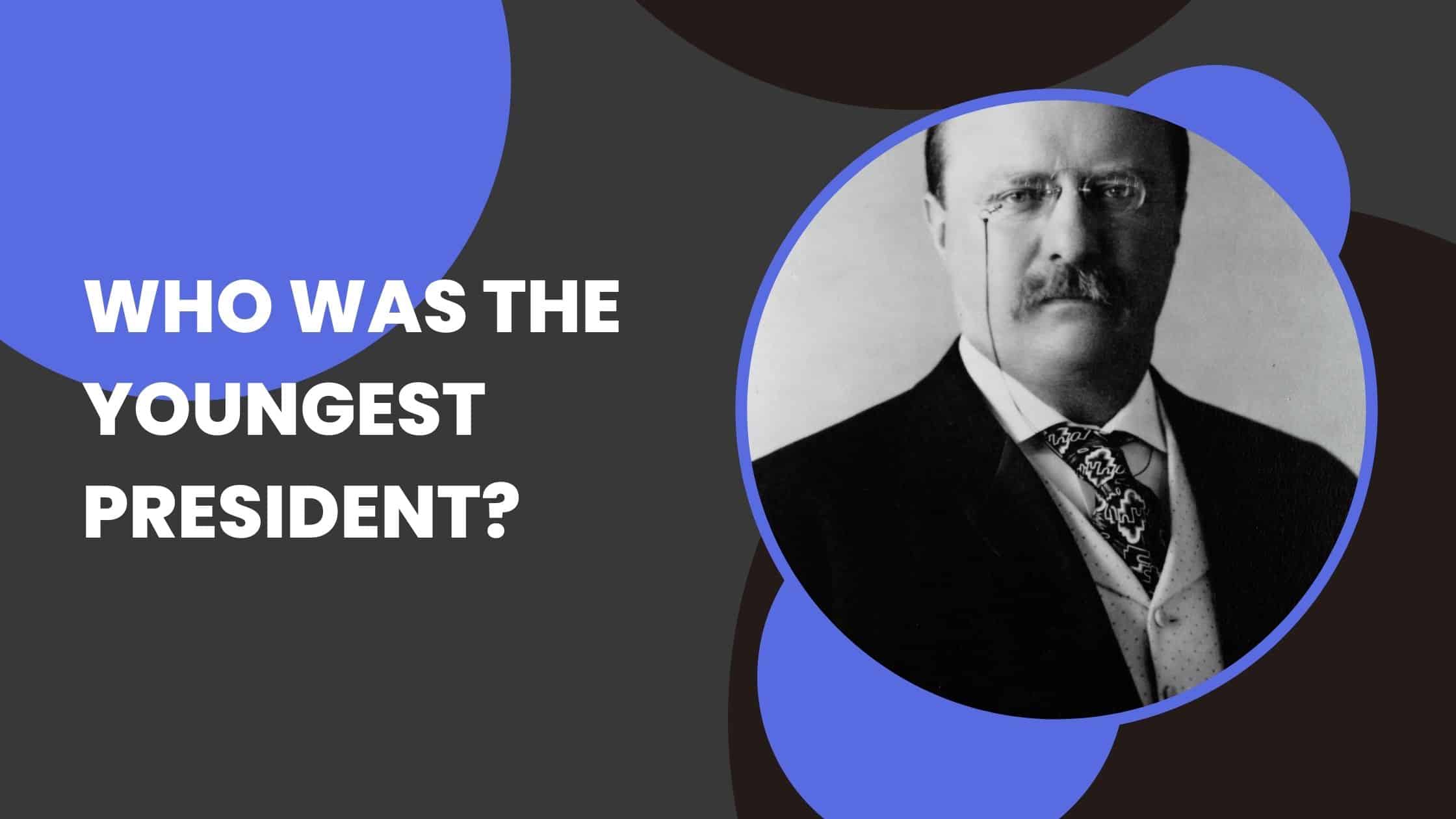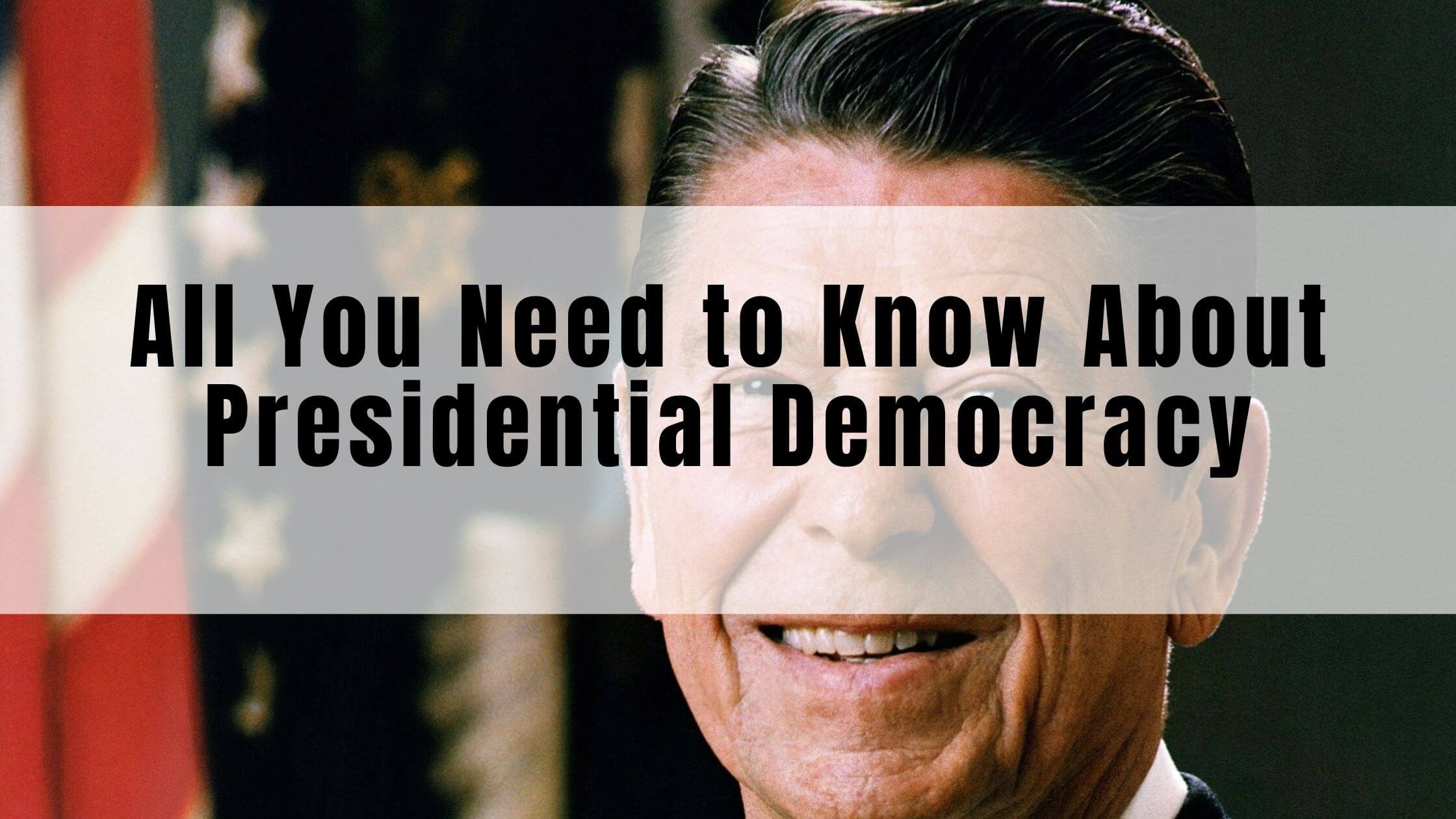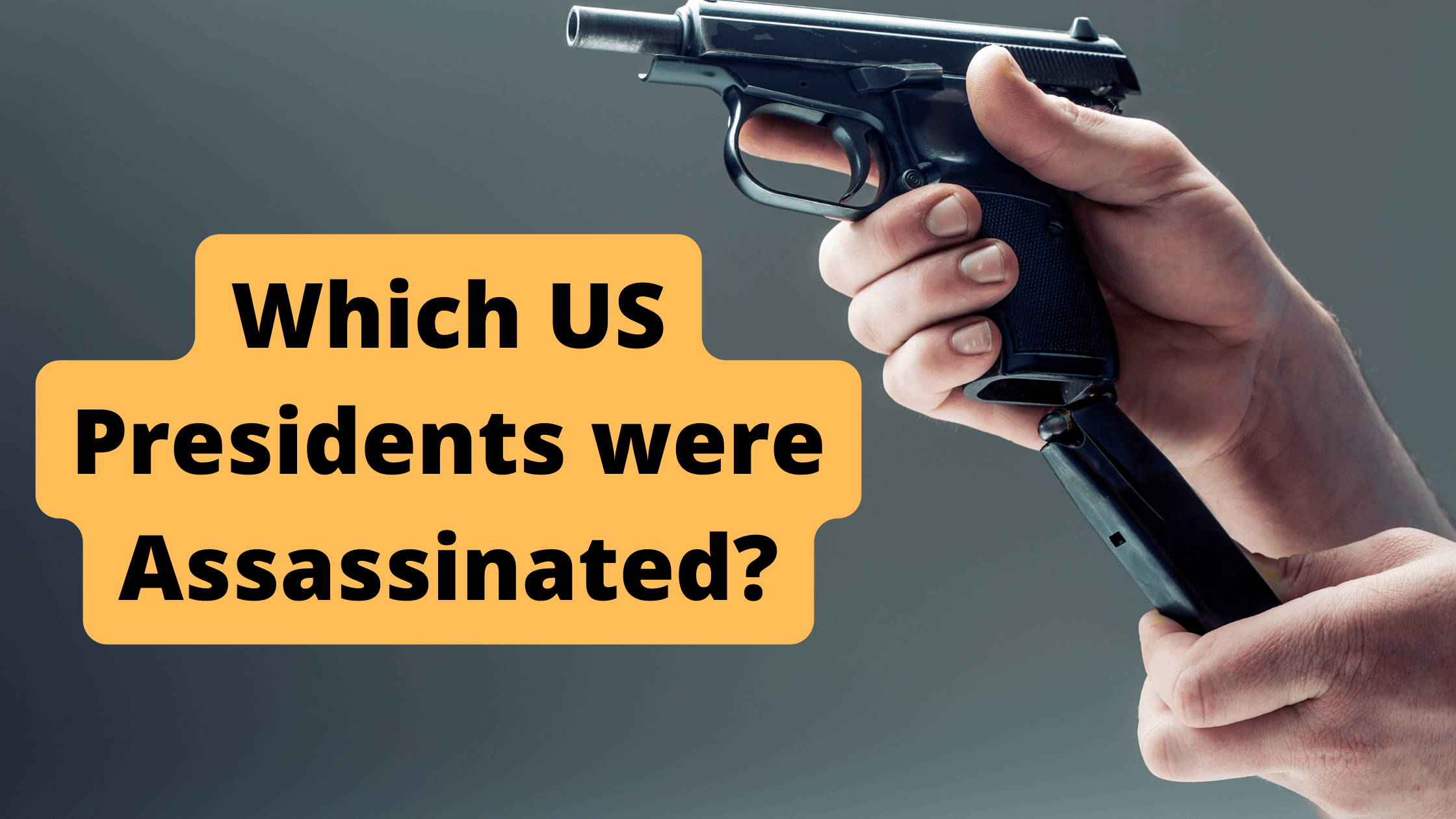Youngest President In U.S. History: A Journey Through Time
When we talk about the youngest president in U.S. history, we’re diving into a story that’s as fascinating as it is unexpected. Imagine this: a nation in turmoil, political drama unfolding like a soap opera, and then—bam!—a young, fresh face steps up to lead the charge. The presidency isn’t just about age; it’s about leadership, vision, and the ability to inspire. But the fact that someone so young could rise to the occasion? That’s a tale worth telling. So, grab your coffee, sit back, and let’s uncover the story of the youngest commander-in-chief who ever graced the White House.
Now, before we get into the nitty-gritty details, let’s set the stage. The U.S. has seen its fair share of presidents—some iconic, others controversial. But when it comes to the youngest, the name Theodore Roosevelt often comes up. However, there’s another name that steals the spotlight, and we’ll get to that soon. This isn’t just about numbers; it’s about the impact, the legacy, and the challenges faced by someone who was thrust into power at such a young age.
Why does this matter? Because understanding the youngest president in U.S. history gives us insight into how leadership evolves, how the nation reacts to unexpected situations, and how age doesn’t necessarily define capability. So, are you ready to dive deep into this tale of youth, power, and responsibility? Let’s go.
- Direct Tv Channel The Ultimate Guide To Unlocking Your Entertainment
- Synonyms Of Solidify Strengthening Your Vocabulary With Powerful Alternatives
Who Was the Youngest President in U.S. History?
Alright, let’s cut to the chase. The youngest president in U.S. history wasn’t exactly elected to the role—at least, not directly. John F. Kennedy holds the title of the youngest person ever elected as president, but the record for the youngest person to actually assume the office goes to Theodore Roosevelt. Yeah, I know, it sounds like a plot twist in a political drama, but stick with me here.
Theodore Roosevelt became president at the age of 42 after the assassination of President William McKinley in 1901. Now, that’s young by presidential standards, especially back in the day when the average age of presidents was creeping into the late 50s and early 60s. But here’s the kicker: Roosevelt wasn’t just young; he was ambitious, energetic, and ready to shake things up. His presidency marked a turning point in American history, and we’ll get into that in a bit.
John F. Kennedy: The Youngest Elected President
While Theodore Roosevelt takes the crown for being the youngest to assume the presidency, John F. Kennedy deserves a shoutout for being the youngest person ever elected to the office. JFK was sworn in at the age of 43, and his presidency was nothing short of iconic. From the space race to civil rights, Kennedy’s administration left a lasting impact on the nation.
- Andrew Vick The Untold Story Of A Rising Star
- Channel Bravo On Directv Your Ultimate Guide To Entertainment
But here’s the thing about JFK: his youth wasn’t just a number; it was a symbol of hope and renewal. In a time when the world was grappling with the Cold War and social upheaval, Kennedy’s vision for a brighter future resonated with millions. His famous line, “Ask not what your country can do for you—ask what you can do for your country,” became a rallying cry for a generation.
Key Facts About JFK
- Age at Inauguration: 43 years old
- Term: January 20, 1961 – November 22, 1963
- Legacy: Space race, civil rights, and the Peace Corps
The Impact of Youth in Leadership
Now, let’s talk about why the age of a president matters. Sure, experience is important, but so is energy, innovation, and the ability to connect with younger generations. The youngest presidents in U.S. history—Roosevelt and Kennedy—both demonstrated that leadership isn’t defined by years lived but by the ideas you bring to the table.
Roosevelt, for instance, was a reformer who tackled corporate monopolies and championed conservation. Kennedy, on the other hand, inspired a nation to dream big and aim for the stars—literally. Both men showed that youth can be an asset in leadership, especially when paired with vision and determination.
Biography of Theodore Roosevelt
Let’s take a step back and get to know the man behind the title. Theodore Roosevelt was born on October 27, 1858, in New York City. He was a sickly child who overcame his health issues through sheer willpower and determination. By the time he entered politics, he was already a force to be reckoned with.
Roosevelt’s rise to power was meteoric. He served as a New York State Assemblyman, the Police Commissioner of New York City, and the Assistant Secretary of the Navy before becoming vice president under William McKinley. When McKinley was assassinated, Roosevelt stepped into the presidency, ready to make his mark on history.
| Full Name | Theodore Roosevelt |
|---|---|
| Birthdate | October 27, 1858 |
| Age at Presidency | 42 years old |
| Party Affiliation | Republican |
| Notable Achievements | Progressive reforms, conservation efforts, and foreign policy successes |
Challenges Faced by Young Presidents
Being young and in charge isn’t all roses and sunshine. Both Roosevelt and Kennedy faced significant challenges during their presidencies. Roosevelt had to navigate the complexities of the Progressive Era, tackling issues like corporate monopolies and environmental conservation. His policies often put him at odds with powerful business interests, but he stood his ground.
Kennedy, on the other hand, had to deal with the Cuban Missile Crisis, the civil rights movement, and the growing tensions of the Cold War. His youth was both a strength and a weakness, as some critics questioned his ability to handle the pressures of the presidency. But Kennedy proved them wrong, time and time again.
Lessons Learned from Young Presidents
- Youth can be an asset in leadership when paired with vision and determination.
- Challenges are opportunities for growth and innovation.
- Connecting with younger generations is key to shaping the future.
The Legacy of Young Presidents
So, what’s the lasting impact of having young leaders at the helm? For starters, it shows that age is just a number when it comes to leadership. Both Roosevelt and Kennedy left behind legacies that continue to shape American politics and society today.
Roosevelt’s progressive reforms laid the groundwork for modern regulatory policies, while his conservation efforts ensured the preservation of America’s natural beauty. Kennedy’s vision for space exploration inspired a generation of scientists and engineers, and his commitment to civil rights paved the way for future advancements.
How Age Affects Leadership
Now, let’s talk about the elephant in the room: does age really matter in leadership? The answer is complicated. On one hand, experience can be a valuable asset, especially in complex situations. On the other hand, youth brings energy, creativity, and a fresh perspective to the table.
Studies have shown that younger leaders tend to be more adaptable and open to change, which is crucial in today’s fast-paced world. However, they also face challenges in gaining the respect and trust of older generations. It’s a balancing act that requires both confidence and humility.
Modern-Day Implications
In today’s political climate, the question of age in leadership is more relevant than ever. With younger generations becoming more politically active, there’s a growing demand for leaders who can connect with their values and priorities. The examples of Roosevelt and Kennedy remind us that age isn’t the only factor that defines a leader’s potential.
Conclusion: The Future of Young Leadership
In conclusion, the story of the youngest president in U.S. history is one of courage, vision, and resilience. Both Theodore Roosevelt and John F. Kennedy proved that age is just a number when it comes to leadership. Their legacies remind us that the qualities of a great leader—vision, determination, and the ability to inspire—are timeless.
So, what can we learn from this? First, never underestimate the power of youth in leadership. Second, always strive to connect with the values and priorities of younger generations. And finally, remember that leadership isn’t defined by age—it’s defined by the impact you leave behind.
Now, it’s your turn. What do you think about the role of youth in leadership? Do you believe that age matters when it comes to running a nation? Share your thoughts in the comments below, and don’t forget to check out our other articles for more fascinating insights into American history.
Table of Contents
- Who Was the Youngest President in U.S. History?
- John F. Kennedy: The Youngest Elected President
- The Impact of Youth in Leadership
- Biography of Theodore Roosevelt
- Challenges Faced by Young Presidents
- The Legacy of Young Presidents
- How Age Affects Leadership
- Modern-Day Implications
- Conclusion: The Future of Young Leadership



Detail Author:
- Name : Ezequiel Conroy
- Username : icie77
- Email : muller.elroy@bartoletti.biz
- Birthdate : 1984-02-03
- Address : 14885 Schumm Light Apt. 732 Lake Watson, MN 66097-8679
- Phone : 1-731-200-4191
- Company : Kulas-Braun
- Job : Artillery Officer
- Bio : Autem voluptatum nemo impedit. Dolore a ex corporis ut et ut. Sed non aut assumenda. Ab illum illo nam praesentium magni.
Socials
tiktok:
- url : https://tiktok.com/@witting1992
- username : witting1992
- bio : Veritatis sit earum aut cupiditate. Modi quaerat temporibus fuga.
- followers : 3668
- following : 1801
linkedin:
- url : https://linkedin.com/in/rwitting
- username : rwitting
- bio : Id eius sint voluptas et dignissimos sed quia.
- followers : 413
- following : 2127
instagram:
- url : https://instagram.com/rosendo_witting
- username : rosendo_witting
- bio : Quidem nam dicta officiis voluptatum non eveniet. Explicabo eum et quaerat amet ipsam quibusdam.
- followers : 3530
- following : 2726
facebook:
- url : https://facebook.com/witting1970
- username : witting1970
- bio : Dolor itaque eos magni quod. In eum eius quo ducimus et quo dolorem.
- followers : 6841
- following : 2276